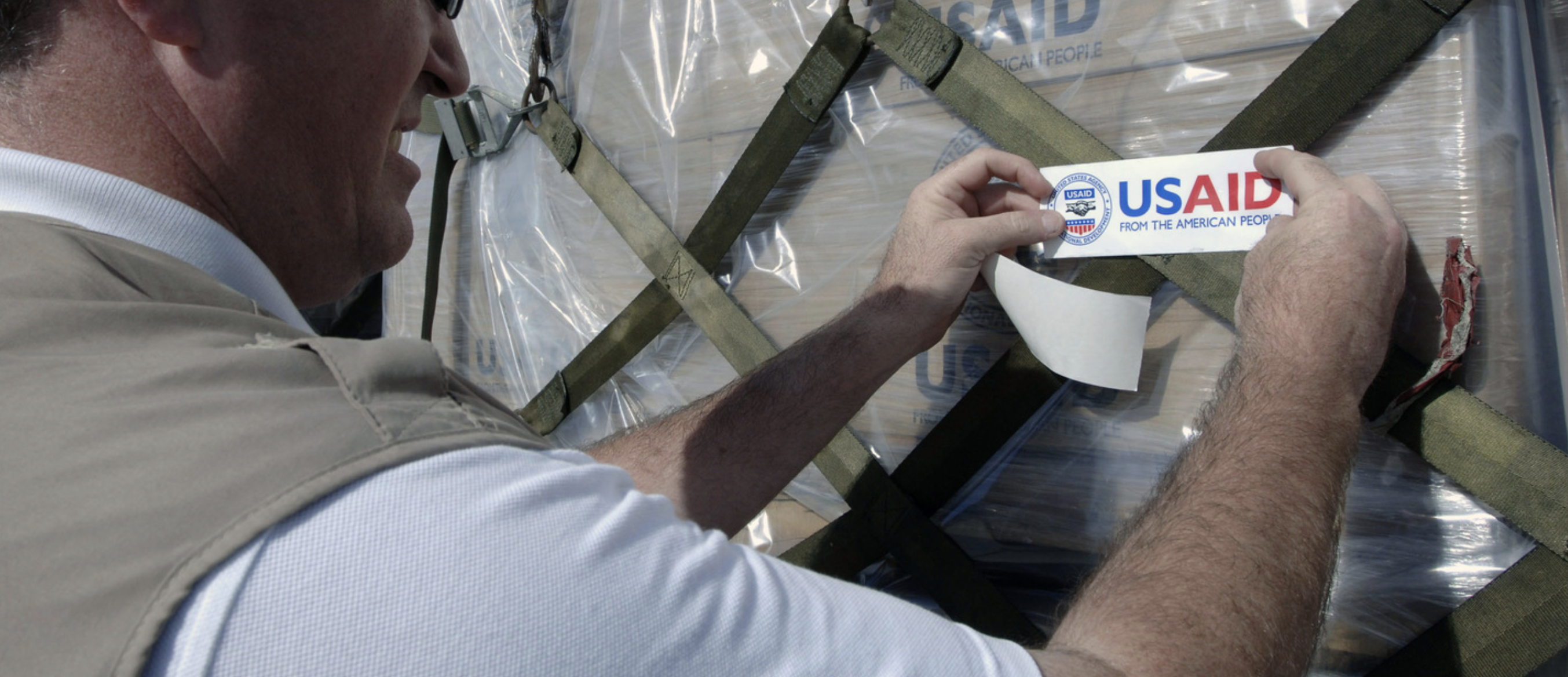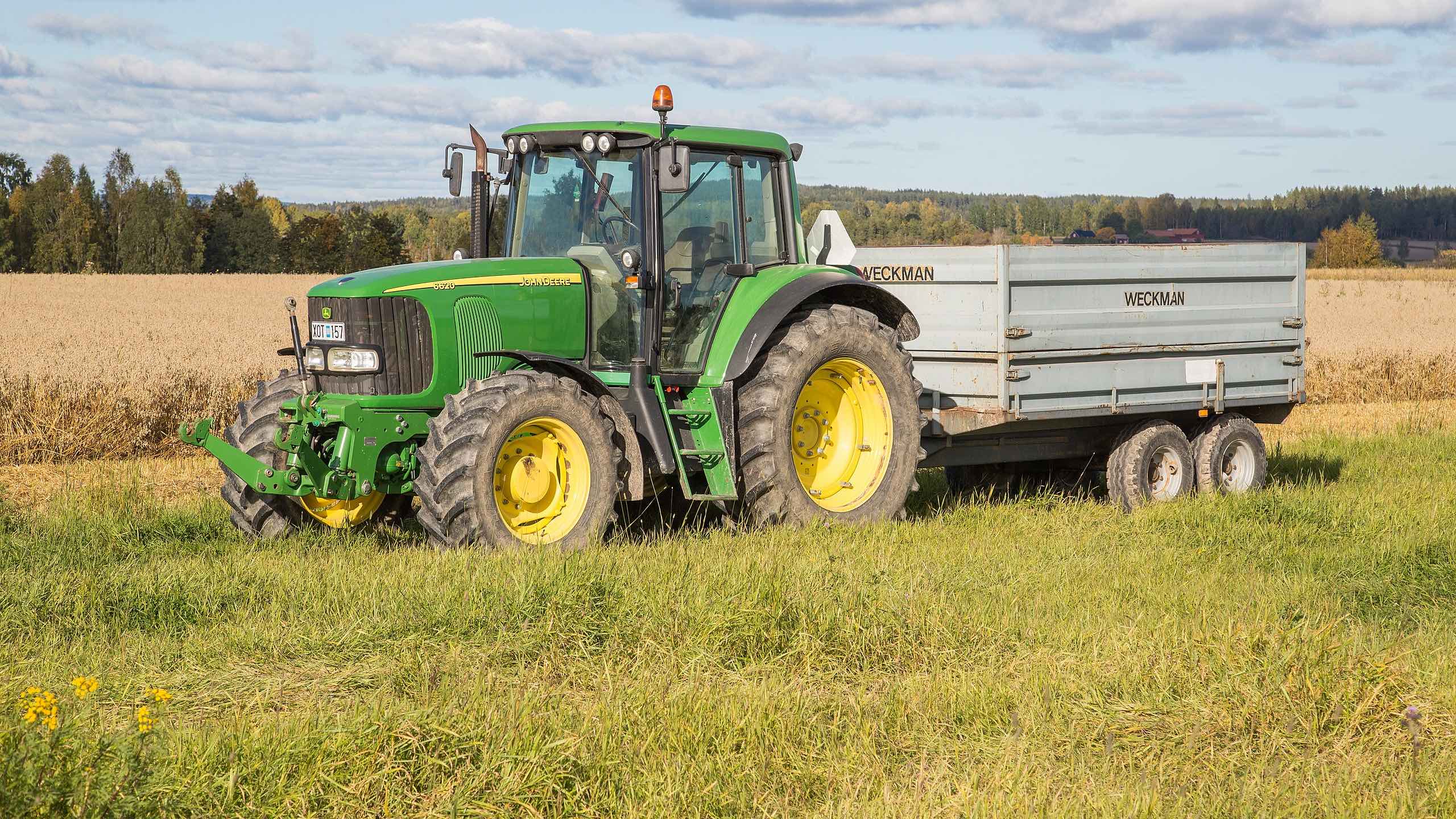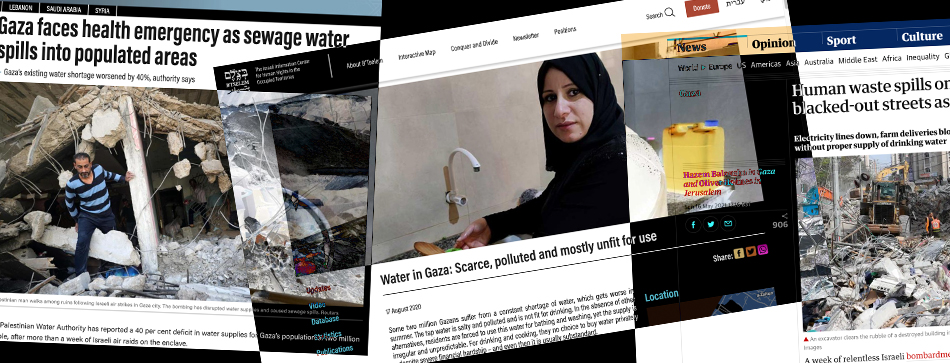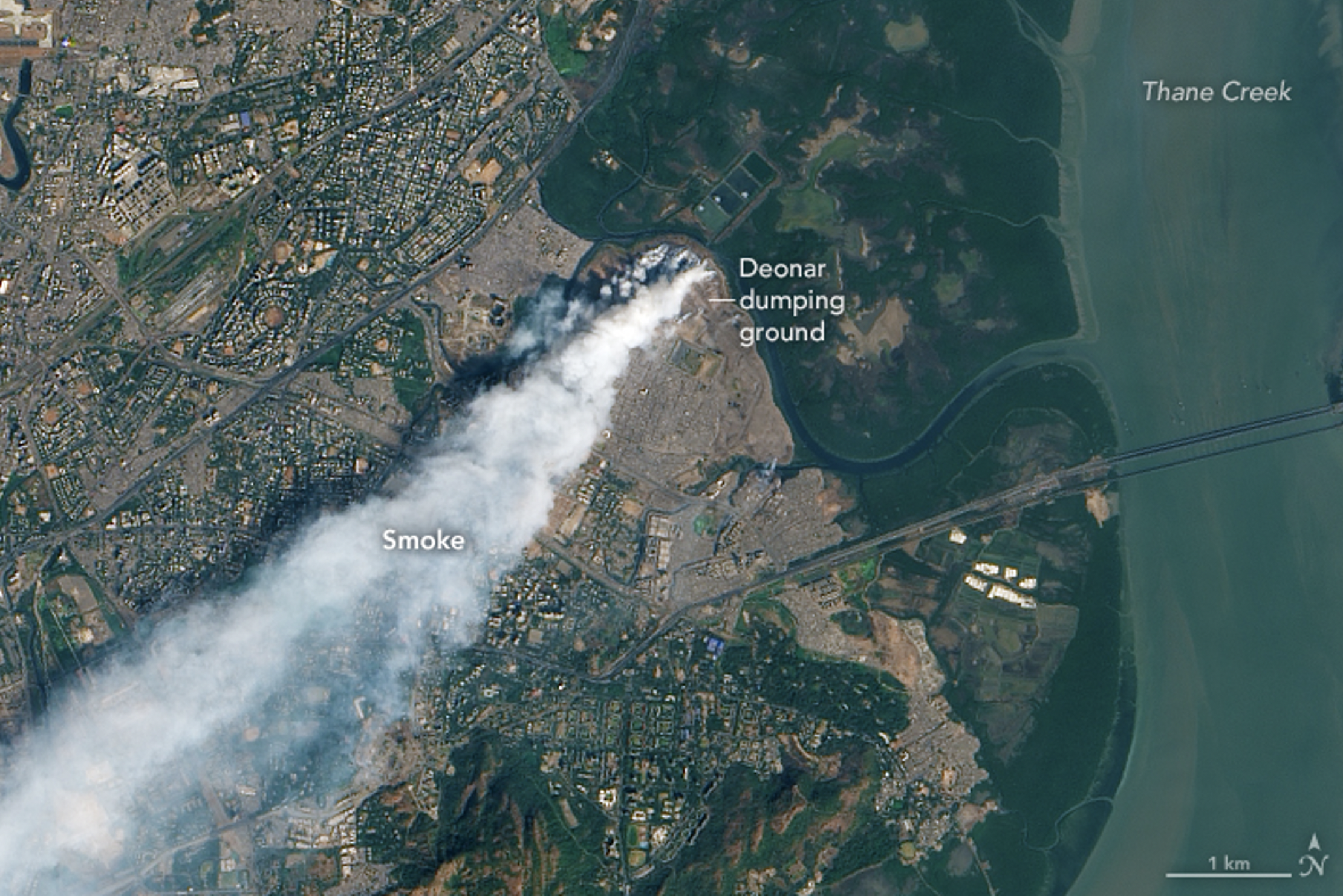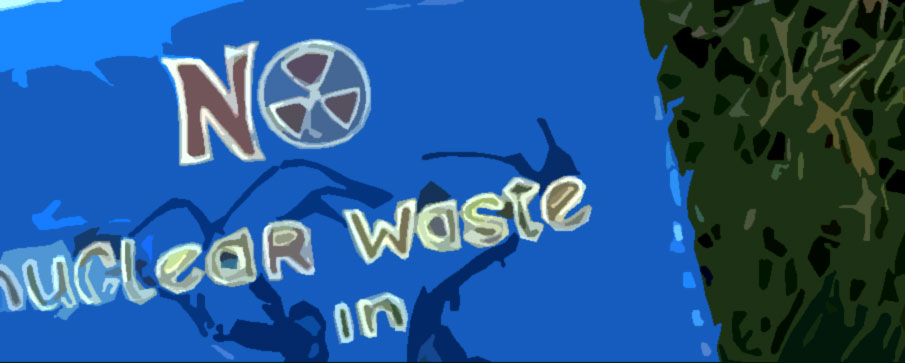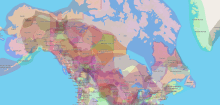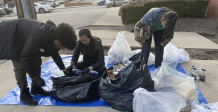Book Review Essay: The Waste of the World
Writing almost 20 years ago, Nicky Gregson and her research partners claimed that “…(W)aste’s capacity as a theoretical vehicle is immense; like food it is good to think with and through” (Gregson et al., 2005, page 2). In her new book, The Waste of the World, Gregson’s starting point has shifted. Waste remains central, but […]
Read More »
Reading Lists: Residential Schools and Canadian Colonialism
Content warning: this article covers topics of colonialism and genocide in Canada. In early June of 2021 news reports emerged about the remains of Indigenous children buried in unmarked graves on the grounds of the Kamloops Indian Residential School. A couple of weeks later, 751 more children’s graves were counted at Marieval Indian Residential School […]
Read More »
Miss Tampon Liberty
In the 1980s, when menstruation was generally considered taboo, artist Jay Critchley made art out of discarded plastic tampon applicators washed up and collected on local beaches. With no idea what the items were used for, Critchley could not have known that his curiosity would lead to a decades-long quest to understand and improve issues surrounding menstrual product waste.
Reading Lists: Waste Colonialism and Palestine
When there’s conflict, academics and teachers will often put together a reading list or syllabus to show the breadth and depth of knowledge on a topic that is catching broad public attention. These reading lists are designed to add context, nuance, and history to public discussions (e.g. The Standing Rock Syllabus (2016); The Environmental Data […]
Read More »
A moral politics of blame
Modern municipal waste disposal is not limited to removal of garbage, but often involves a strategic churning out of unwanted people, and extreme events such as dump fires reflect the social precariousness of marginalised communities like those of waste-pickers.
Waste and Recycling in Cold War Eastern Europe
This short study analyzes the professional and political discussions of post-industrial and post-consumer waste, discards and recycling in state-socialist Hungary and connects these discourses with the changing cultures of waste, discards, and recycling around the globe.
Taboos around menstruation are leading to a growing environmental crisis in India
If the disposability of menstrual products is not prioritised as much as their accessibility, India could be dealing with mountains of discarded waste products in less than 50 years.
On Wishcycling
Wishcycling is the process of placing discards into the recycling bin even when there’s little to no chance for their recovery. The term entered common use over the last six or so years. But its usage and meaning have changed over time.
Firsting in Research
Firsting in research, then, is not about being first to a place, first to know something, first to discover something. It is a proclamation of power to make property in someone’s home, to put your own name on otherwise shared or common knowledge. It’s a proclamation of the privilege to not see others, cite others, or acknowledge others.
COVID-19 measures and industrial workplaces
The obsession that media has had with small businesses has hidden the most aggressive public health measures are missing the biggest driver of the pandemic: large industrial workplaces.
Top 10 Discard Studies articles of 2020
It’s time for reminiscing! And what better topic to think back on than a year’s worth of trashy insights? Here are the top ten posts from Discard Studies in 2020 as determined by our readers!
Nigeria’s COVID-19 waste management policy should include the informal sector
Though Nigeria approved a national solid waste management policy earlier this year, it does not provide a plan to include the large informal sector. An inclusive policy is one recognising and involving informal waste workers in solid waste management while also yielding improvements in their lives and waste management performance.
How to Twitter Conference (#Discard2020)
In November 2020, Discard Studies held our first ever Twitter Conference. Here’s how it worked! #TwitterConference
There’s no such thing as “We”
Put simply, evoking the universal “we” is a way to discard differences and maintain business as usual.
Roundup: Waste & COVID-19
What do we know about the relationships between waste and COVID-19? Some figures and insights are emerging, but given that we’re in the thick of the pandemic and the expressions of a global pandemic will still vary greatly by region, type of waste, and change over time, any knowledge will be both partial and early. […]
Read More »
Agbogbloshie: Dumping no more
Agbogbloshie is a part of an emergent globalised scrap economy that links peripheral markets to global metal flows. In this post, Dagna Rams argues for the need to pay closer attention to the flow of recuperated metals out of Agbogbloshie.
A Bibliography of Trash Animals
Gulls. Pigeons. Rats. Lice. These ‘trash animals’ live alongside waste, filth, ruination and decay. Attitudes, behaviour and infrastructure aimed at dealing with ‘trash animals’ tell us a lot about systems of discarding. The following is a bibliography of ‘trash animals’ research.
Sending surplus food to charity is not the way to reduce greenhouse gas emissions
While giving food that would otherwise go to landfill to hungry people may be a convenient part of a solution to reduce greenhouse gases, it will do little to ensure the well-being of the four million Canadians who are food insecure.
Top Discard Studies Clicks of 2019
We decided to do something new this year at Discard Studies: we tracked the links our readers followed. With ‘The Dirt” coming out monthly with it’s hundreds of links to new articles, calls for papers, and opportunities, we wanted to see how readers were directing their attention and voting with their mouses. Mice? Never sure […]
Read More »
Top Discard Studies posts of 2019
It’s time for reminiscing! And what better topic to think back on than a year’s worth of trashy insights? Here are the top ten posts from Discard Studies in 2019 as determined by our viewers! Here’s what you all read the most: #10: The Tragedy of the Tragedy of the commons By Matto Mildenberger, June 2019 […]
Read More »
Myths of the Circular Economy
Discard studies spoke with three leading waste researchers about the biggest myths of the circular economy.
Placing discard studies in Australia
Australian discard studies scholars Catherine Phillips, David Boarder Giles, and Gay Hawkins discuss intellectual traditions, settler colonialism, and the future of the field.
The power (& disempowerment) of Menstrual Hygiene Management
Development initiatives focused on menstrual health and sanitary pads in Southern countries actually disempower women as knowers and innovators.
Waste is not “matter out of place”
Douglas’ theory of matter out of place is about power. Something in the wrong spot, something poisonous, is not matter out of place. Unless it threatens power.
The Tragedy of the Tragedy of the commons
A Twitter essay by Matto Mildenberger (@mmildenberger) Something I’ve been meaning to say about The Tragedy of the Commons. Bear with me for a small thread on why our embrace of Hardin is a stain on environmentalism: we’ve let a flawed metaphor by a racist ecologist define environmental thinking for a half century. Hardin’s […]
Read More »
Rethinking Remediation
Mining is, as some in the industry quip, primarily a waste management industry.
Yes, Genocide (a primer on the term) #MMIWG
For Raphael Lemkin, who invented the term, genocide was the effort to destroy a group as a group. #MMIWG
Disposability
by Gay Hawkins ‘Disposable’ usually describes minor ephemeral things from take-away coffee cups to plastic bags. More recently, it has been applied to furniture, fashion, technologies and even people. But what does it mean? The phrase ‘easy come, easy go’ captures many of the popular assumptions about disposability. Disposable items are immediately available and appear […]
Read More »
Sorting It Out: Sustainability in Higher Education
by Kathy Zhang In May of 2021, I graduated from Carnegie Mellon University in Pittsburgh, Pennsylvania, with a combined degree in Environmental and Sustainability Studies and Art. I joined sustainability efforts on campus as a second-year student, at first emphasizing trash, compost, and recycling. I felt especially passionate about my recycling initiatives at the housing […]
Read More »
Acts of Occlusion
Occlusion is a term that describes a technique of erasure. Here, I show how occlusion works specifically in International Development discourses to set the terms of morality, dominance, and legitimacy in relation to their beneficiaries.
Discard Studies Staffing Changes
We have news about the Discard Studies editorial team: after a decade of inspired and dedicated leadership, Max Liboiron is stepping down. While we are sorry for their departure, we are delighted to introduce two newcomers. Collaborating editor Jesi Cruz Taylor is an activist, scholar, and widely published journalist who engages deeply with institutional and […]
Read More »
Copyright on the Farm
In 2015, tractor manufacturer John Deere made waves for sending its dealers a letter asserting that when farmers repaired their own John Deere equipment, what they were really doing was violating US copyright law. At the time, this came as news to a lot of farmers: as a characteristically self-sufficient community, they’d always repaired their equipment on their own. How did putting a computer on a tractor change this?
The Case of the “Bee” Waste Collection Trust in Hungary
This short study analyzes the professional and political discussions of post-industrial and post-consumer waste, discards and recycling in state-socialist Hungary and connects these discourses with the changing cultures of waste, discards, and recycling around the globe.
